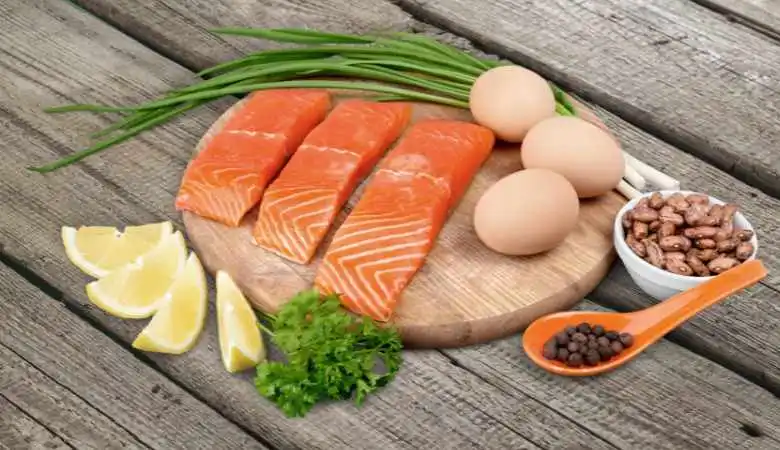How to Eat Healthy and Avoid Digestive Issues?

During the holidays, many of us overeat and experience unpleasant digestive problems. Digestive conditions can occur due to traditional foods rich in fat, sugar, and alcohol.
They also give us tips to enjoy festive meals without risking our health. These include paying attention to eating habits and the number of portions, following the attending physician’s recommendations in case of chronic diseases, gradually reintroducing restricted foods into the diet after fasting, avoiding overeating and consuming healthy sweets or fruits, hydrating well and moderate alcohol consumption. Thus, we will have no reason to complain about bloating, nausea, or vomiting during the holidays.
Abdominal pain, bloating, constipation or diarrhea, nausea, or vomiting are some of the symptoms that can occur in several digestive conditions and that can be caused by improper nutrition.
Traditional Christmas and New Year’s meals are generally high in fat, fried meats, sauces, and mayonnaise. Still, they are also high in sugar if we discuss desserts.
In the case of patients with chronic diseases such as esophageal reflux disease, gastric ulcer, diabetes, and liver cirrhosis, there are specific special mentions regarding holiday nutrition.
[Also Read: Types of Meat to Avoid]
Thus, people with esophageal reflux disease and gastric ulcer should avoid acidic and irritating foods and fruits such as citrus fruits, tomatoes, chocolate, and spicy foods containing pepper or hot peppers.
Drinks that can irritate the lining of the esophagus, such as acidulated juices, coffee, and alcohol, which can relax the lower esophageal sphincter, favoring acid reflux, should be avoided. In the case of people with liver cirrhosis, excess meat, and alcohol should be avoided.
The fatty foods found in traditional Christmas and New Year’s meals can increase the secretion of gastric juice and bile, possibly worsening the symptoms. Eating foods high in unhealthy fats and alcohol can exacerbate hepatic steatosis.
In the case of those with diabetes, it is essential to limit the consumption of refined sugar and desserts rich in sugar to maintain blood sugar levels at optimal values. The salt in the dishes must also be crushed, especially in the case of hypertensives.
To avoid digestive problems during the winter holidays, paying attention to your eating habits and the number of portions is essential. There are tempting, holiday-specific menus that you’ll want to sample, especially if you’ve been fasting and abstaining from these foods. Still, it’s good to be mindful of the holidays and think that your health is essential and that this is not the time to exaggerate. You can alternate the dishes from one meal to another and customize your plates according to your needs and the specific stage of the condition.
Tips for those who have fasted
Suppose you have dared to fast, including food restrictions, during the Christmas and New Year holidays. In that case, there is a better time to recover regarding food. The foods you gave up during the fast should be gradually reintroduced into the diet. Balance is needed, including nutrition, protein sources, complex carbohydrates, and healthy fats at every meal.
However, overfeeding should be avoided. The tempting candy on holiday tables can be eaten moderately or replaced with healthy, sweet fruit.
And because there is also drinking during the holidays, be careful with your alcohol consumption. It’s not recommended, but if you want to taste alcohol, moderation is the key. Ensure you are well hydrated – water is the best option, but you can also add unsweetened teas or fruit infusions.
Enjoy the time spent together with family and friends at festive meals without overdoing it. That way, you won’t feel guilty about every extra bite and won’t be afraid of digestive problems during the holidays.
[Also Read: Different Forms of Allergies]






